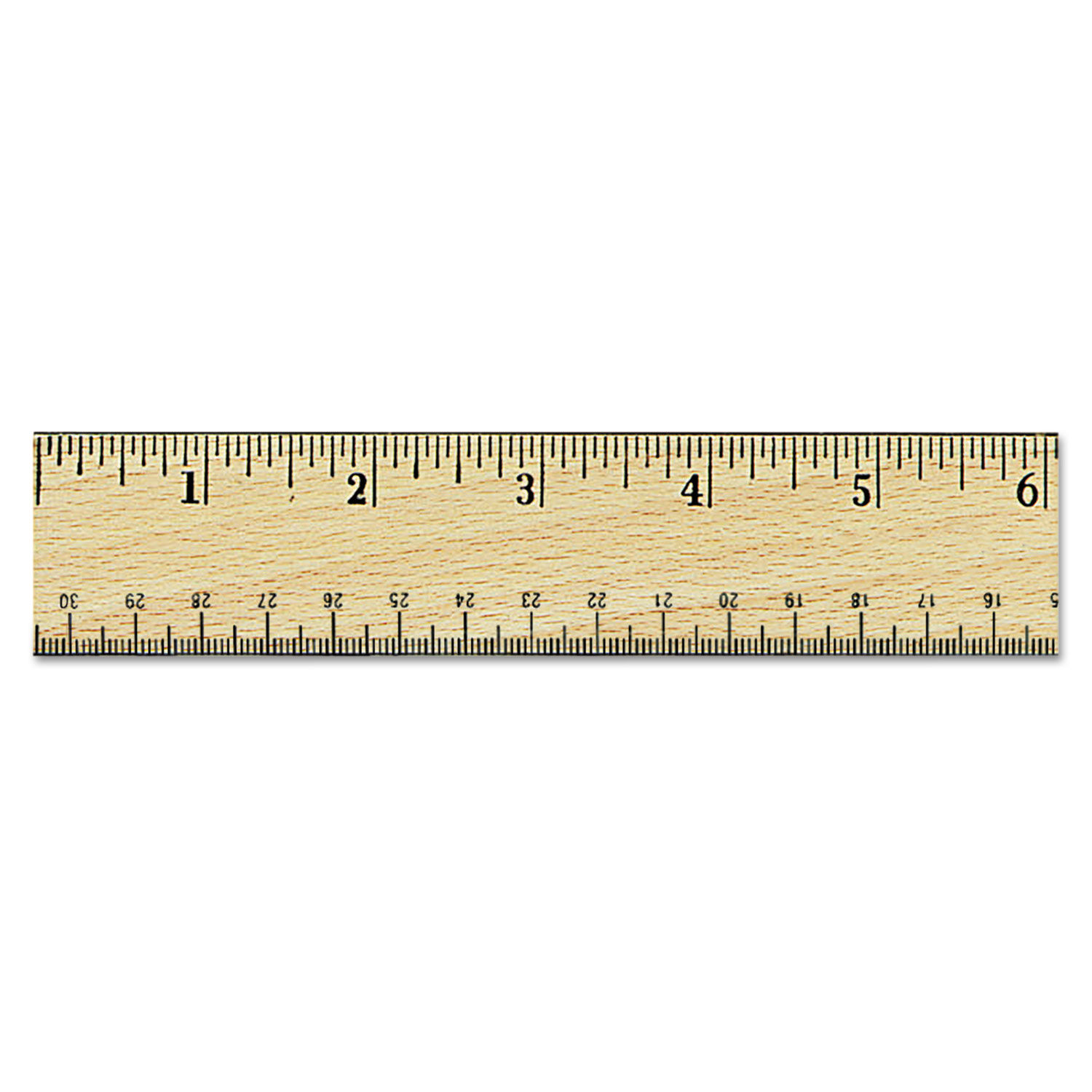Get a grip Goldilocks. The Celsius scale is too large (can you tell the difference between 69 and 71 degrees Farenheit) and liters are too small (they're approximately a quart). Meters are about a yard. It would probably take the US only a week to get used to a new system.The Celsius scale is too large as each is equivalent to 1.8 degrees Farenheit.
Liters are too small, as are kilometers and kilograms. Think about filling up your car and it taking 80 liters. Distances work better than kilometers. Everyone would love to weigh 75 kilos but the range is too wide. .
Liquid measure are
Each degree of Celsius is approximately 2.12 degrees Fahrenheit. Thus, it is not as precise a measurement as Fahrenheit.
In science accuracy is everything. That's why the hard sciences will continue to use Kelvin and Fahrenheit
what is hard science
Most science uses Celsius or Kelvin when needed. They use C so info can be shipped and compared worldwide without conversion
Hard science/exact science, is any science that is objective, rather than subjective.

